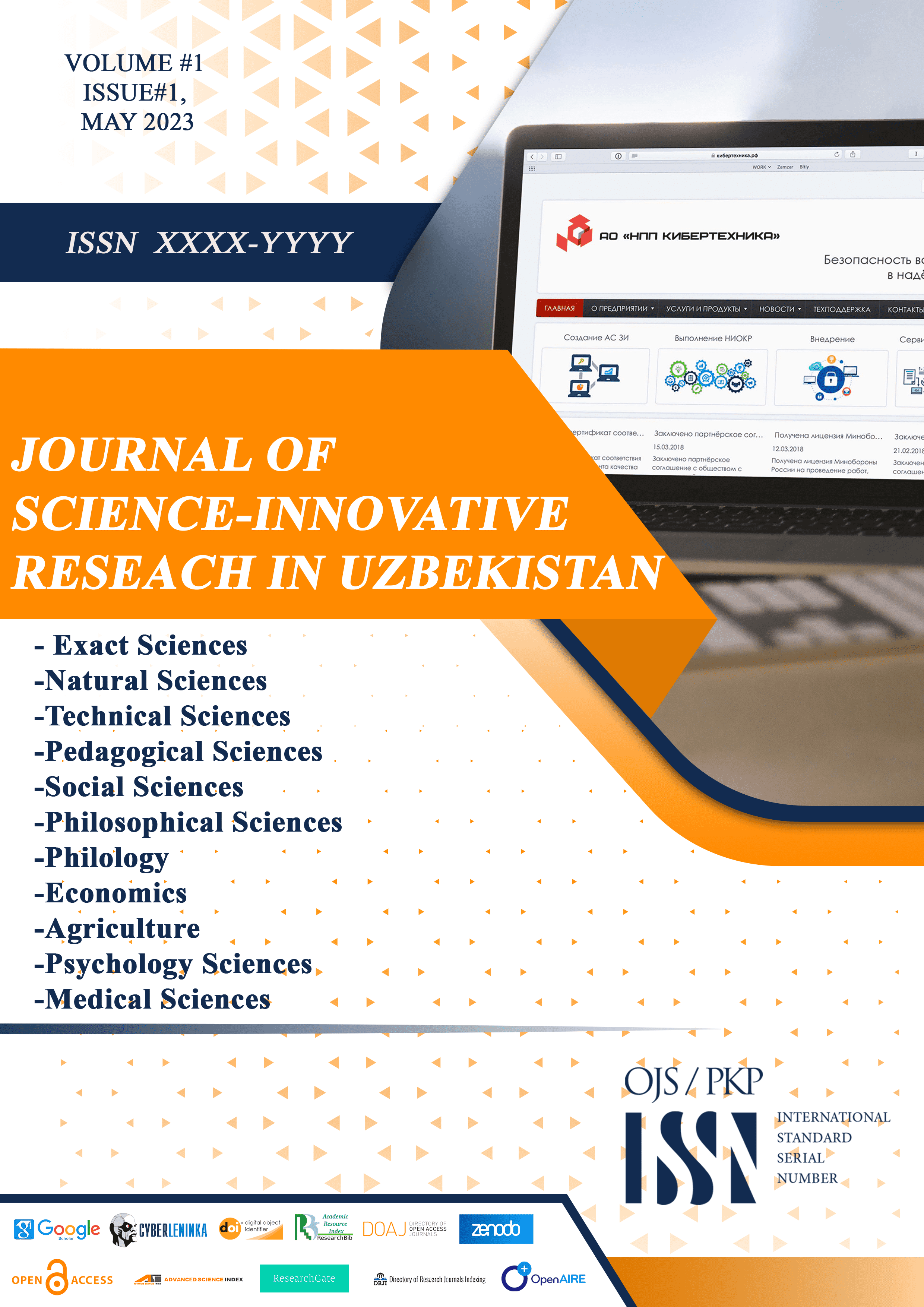Abstract
Lexicology, as a branch of linguistics, focuses on the study of words,
their meanings, structures, and relationships within a language. While essential for
understanding linguistic systems and language evolution, lexicology encounters
several challenges. These include defining the concept of a “word,” addressing
polysemy and homonymy, managing synonymy and antonymy, understanding word
formation processes, and adapting to the rapid changes in vocabulary due to societal
and technological progress. This article explores these problems, highlighting their
implications for linguistics and practical applications in lexicography, translation,
and language education
References
1. Crystal, D. (2003). The Cambridge Encyclopedia of the English Language.
Cambridge University Press.
2. Jackson, H., & Amvela, E. Z. (2000). Words, Meaning, and Vocabulary: An
Introduction to Modern English Lexicology. Bloomsbury Publishing.
3. Bauer, L. (1983). English Word-Formation. Cambridge University Press.
4. Trask, R. L. (1999). Key Concepts in Language and Linguistics. Routledge.
5. McArthur, T. (1992). The Oxford Companion to the English Language.
Oxford University Press

This work is licensed under a Creative Commons Attribution 4.0 International License.

